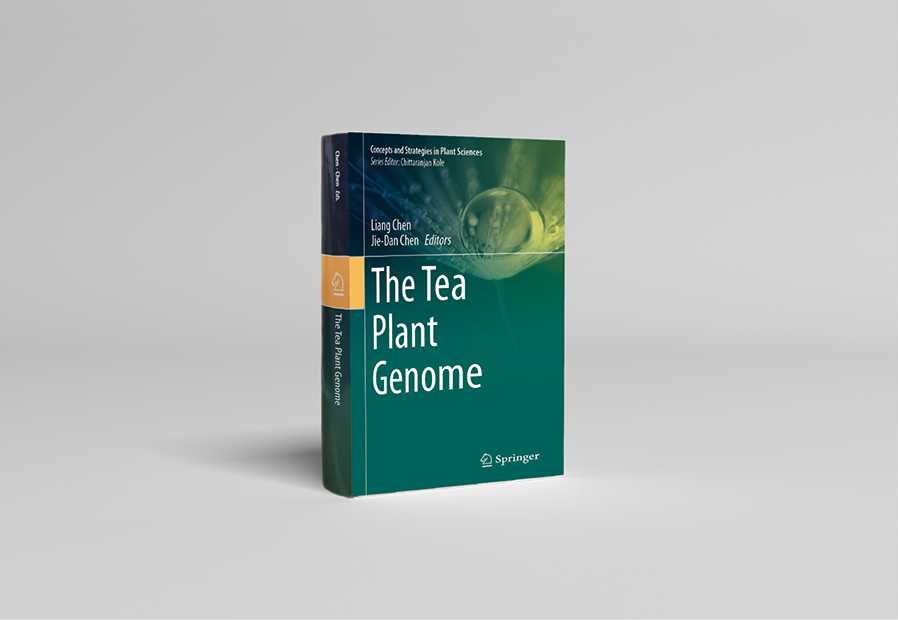
New Book on Tea Plant Genome Released by TRI CAAS
A new book titled "The Tea Plant Genome" has been recently published by Springer Nature, offering a significant contribution to the tea research community worldwide. The publication is a collaborative effort led by the Tea Research Institute, Chinese Academy of Agricultural Sciences (TRI CAAS), along with major tea research institutions and universities in China, as well as scientists from Japan, Sri Lanka, Kenya, Turkey, and South Korea.

The book contains 20 chapters, summarizing the latest research advancements in tea plant genomics. It covers a broad range of topics, including tea plant genetics, genomics, and molecular breeding. It provides insights into the economic and health benefits of tea, its systematic classification, quality formation, and functional components.
"The Tea Plant Genome" delves into key issues such as tea plant genetic resources, breeding strategies, transgenic technology, and marker-assisted selection. The book also highlights the latest applications of omics technologies, including genomics, transcriptomics, metabolomics, proteomics, mitochondrial and chloroplast genomics, small RNA regulation, and DNA methylation.
Furthermore, the publication extensively discusses the tea plant's responses to biotic and abiotic stresses, breeding chip technologies, and molecular design breeding databases. It offers a forward-thinking perspective on the future of tea plant molecular breeding in the omics era.
This book serves as a valuable resource for researchers and professionals in the global tea industry, providing them with the latest findings in tea plant genetics and omics. It is expected to contribute to advancements in tea plant breeding techniques and facilitate the development of new tea varieties tailored to market demands and consumer preferences.